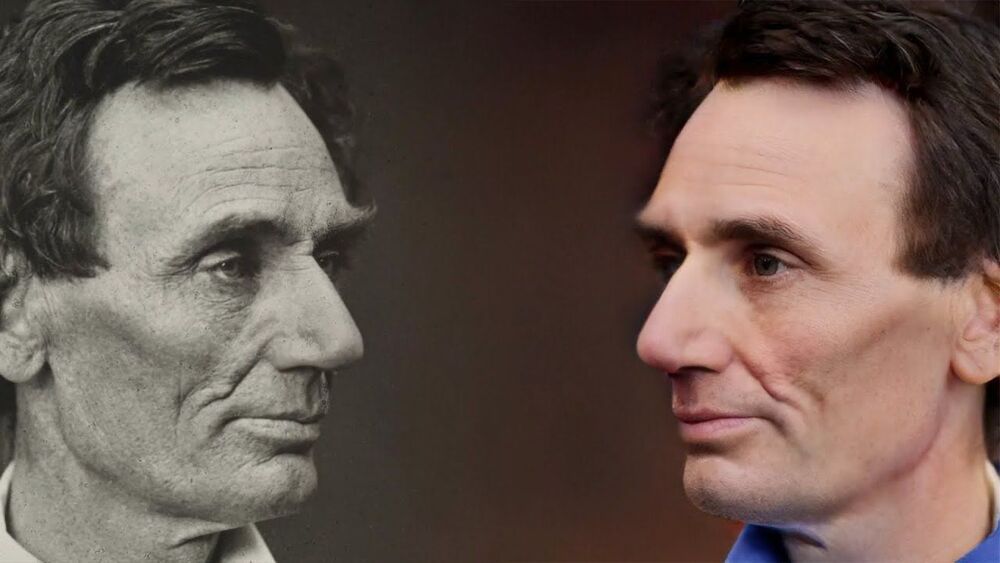Around a century ago when film stocks and photographs were first coming to light, they faced a number of challenges in capturing the essence of an image. In addition to the black and white limitation, photography and film methods also struggled to capture other various elements of the color spectrum, rendering many images of famous figures appearing differently than they may have actually looked.
Now, a new AI imaging technique uses color to restyle old photographs in a way that could almost pass for modern day photographs. This colorization method mitigates the main obstacles of cameras and lenses from the olden days—namely, the orthochromatic nature of those tools, meaning that the photo capture device in question incorporated all detected light into the image without discrimination. The inclusion of all of this light resulted in photos that appeared grainy and noisy, leading to renowned figures such as U.S. president Abraham Lincoln looking far older and wrinklier than he actually was.
These days, especially with the aid of computer graphics, more advanced photographic techniques have taken advantage of the fact that light tends to penetrate the surface of human skin and illuminate the flesh from underneath. This illumination helps to eliminate extra noise and wrinkle marks that marred many images from the early 1900s.
